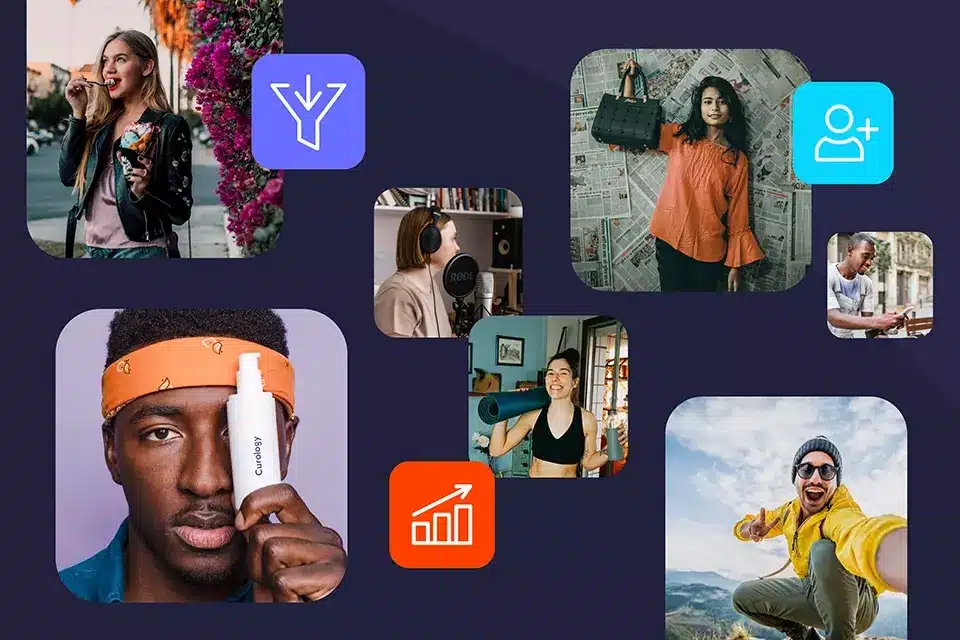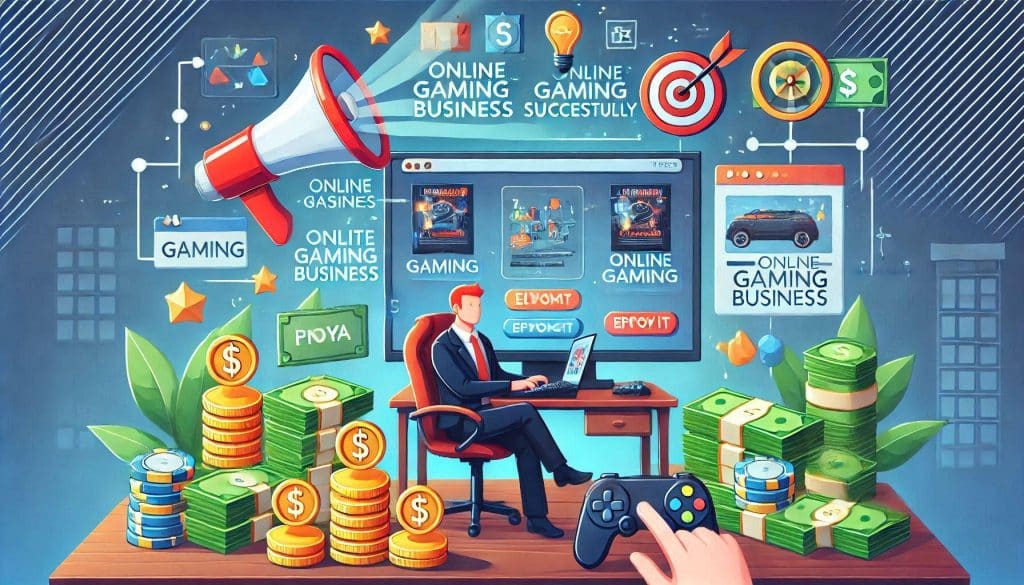The online gaming industry has become more significant than ever, with a substantial increase in the diversity of players. Gamers now come from a variety of demographics, transcending traditional boundaries of age, gender, and even geographic location. According to Statista, around 3.1 billion people globally play video games, which means that nearly 40% of the world’s population identifies as gamers.
These gamers range from athletes and seniors to casual enthusiasts, and the broadening audience has opened up new opportunities for game developers and marketers alike.
As the industry expands, companies providing gaming software solutions, such as sports betting software, are becoming increasingly critical to the ecosystem. These solutions not only cater to traditional gamers but also reach those interested in more competitive and wagering-based experiences.
Companies like GammaStack offer a wide variety of game genres, tailored to specific audience segments, which help in generating diverse revenue streams. To successfully market within the online gaming space, it’s essential to identify your target audience and understand the tools and strategies available. Here are some key areas that can help drive success in online gaming marketing.
Influencer Marketing

One of the most impactful ways to reach gamers today is through influencer marketing. Influencers on platforms like YouTube, Twitch, and TikTok command massive followings, often with millions of views on their gaming content. These influencers can sway their audiences to try new games or participate in new gaming trends, making them a powerful marketing asset.
Major industries, including gaming, now rely heavily on influencer marketing to reach broader audiences. This is especially important for gaming companies, as influencers not only showcase gameplay but also foster trust and excitement among potential players.
For example, partnering with an influencer to showcase your sports betting software could significantly boost its visibility. Gamers trust influencers’ opinions, making them more likely to engage with the content or try out a new product. The international reach of gaming influencers offers a great opportunity to tap into diverse markets, giving game developers and software providers a global platform to promote their offerings.
Mobile Gaming
Mobile gaming has emerged as the most dominant sector in the gaming industry, accounting for 51% of all global gaming revenues. Initially, mobile games were considered too simplistic, often seen as casual distractions rather than serious gaming experiences.
However, the rapid evolution of mobile technology and mobile games has shifted this perception. Today, many complex and immersive games are available on mobile platforms, attracting a wide range of users.
By incorporating features such as in-game advertisements, collaborations with mobile gaming influencers, and dedicated sports betting software, developers can further increase brand recognition and engagement. The mobile gaming market, particularly among 18-35-year-olds, is filled with opportunities to drive player acquisition and revenue.
Partnering with influencers to promote your mobile gaming app can also significantly enhance its appeal, especially if the game or software is interactive, competitive, and can offer unique experiences.
Showcasing Gameplay to Build Anticipation
When it comes to marketing video games or online gaming software, showcasing the gameplay itself is a crucial strategy. Potential players want to see the product in action before they commit to purchasing or downloading it. Game trailers, livestreams, and demo videos are all excellent ways to offer this preview. Video content continues to have a strong impact, drawing larger audiences and creating a deeper connection with the product.
You can take this a step further by using influencers to stream gameplay or provide early reviews of the product, whether it’s a traditional video game or a sports betting software solution. By giving influencers early access to your game or software, you create an opportunity for millions of their followers to get a first look.
This kind of preview can significantly boost anticipation, leading to higher downloads, sign-ups, or purchases once the product officially launches.
Creativity in Marketing Campaigns

The gaming industry thrives on creativity, and this same spirit should be reflected in marketing strategies. Whether it’s creating interactive campaigns, running exclusive promotions, or developing innovative social media content, creativity will set your marketing efforts apart from competitors.
For example, you could create an interactive tournament within a sports betting platform, engaging players while also driving visibility for your software.
Games are meant to be fun, and marketing campaigns should echo that sentiment. In fact, about three-quarters of American gamers play video games to relieve stress, and marketing campaigns that emphasize the enjoyment and stress-relief aspects of gaming are likely to resonate well with these audiences. By tapping into the emotional and social aspects of gaming, your marketing efforts can connect more deeply with players.
Cloud Gaming and Cross-Platform Play
Cloud gaming has revolutionized the way people play, allowing gamers to access high-quality, resource-intensive games on any device, regardless of its power. With cloud-based technology, players can now stream games instantly, eliminating the need for expensive hardware or long download times. This is particularly beneficial for sports betting platforms, which can run seamlessly across multiple devices.
Cross-platform play is another significant trend that has reshaped the gaming landscape. Games that support cross-play allow gamers to connect with friends across different platforms, which not only increases the player base but also fosters a more competitive and social gaming environment.
Developers and software providers should consider these factors when designing products or marketing them to ensure they are accessible, seamless, and adaptable to player needs.
Branding and Long-Term Strategy
Branding plays a central role in long-term success within the gaming industry. It’s not just about selling a product; it’s about creating a brand that players trust and feel connected to. Sonic the Hedgehog, for example, became a brand in itself, with fans associating the character with exciting gameplay experiences.
For modern developers, particularly those creating sports betting software or other online gaming platforms, branding is essential. Building a recognizable and trustworthy brand can result in long-term loyalty from players.
Marketing campaigns that successfully blend game promotion with a strong brand narrative often achieve higher engagement and retention rates. By associating your gaming platform or software with unique values, aesthetics, or gameplay styles, you can create a lasting impression on players.
The Future of Gaming Marketing
The future of online gaming marketing is bright, with numerous avenues for innovation. Whether it’s leveraging social media, influencer partnerships, or interactive experiences, there are countless ways to engage with today’s diverse gaming audience. Developers and gaming software providers must remain adaptable and open to new trends to capitalize on the shifting preferences of gamers.
As companies like GammaStack continue to push boundaries with personalized advertisements within games and innovative solutions, the potential for growth in the gaming sector is vast. With the right combination of creative marketing, powerful branding, and cutting-edge software like casino software, companies can position themselves as leaders in the industry. The opportunities for marketers to craft engaging experiences within online games are nearly endless, and with the proper strategy, companies can build lasting connections with the modern gamer.




















